Policies & Position Statements
Standards in Wildlife Rehabilitation
The US National Wildlife Rehabilitators Association (NWRA) and the International Wildlife Rehabilitation Council (IWRC) have jointly published the industry standard in rehabilitation management since 1989. In 2021 we transitioned from Minimum Standards for Wildlife Rehabilitation to the more apt Standards for Wildlife Rehabilitation.
Standards for Wildlife Rehabilitation pertains to all who rehabilitate wildlife, regardless of numbers and species of wildlife care for, budget size, number of paid or volunteer staff, or size and location of activity. Regulatory and species information is specific to the united States and Canada, welfare implications are applicable globally. The intent is not to exclude, but to include and encourage rehabilitators as the strive to improve.
All current members can read the book from their respective organization(s) at anytime for no charge, so long as they have an internet connection.
The book is available for purchase in print ($40) and ebook ($35) or as a bundle ($60) from both IWRC and NWRA.
Wildlife Rehabilitation Code of Ethics
The Code of Ethics is meant to encourage self-respect, peer respect, community respect, and most importantly, respect for the wildlife in our care. Ethical and professional conduct by each wildlife rehabilitator ultimately benefits both the wildlife and wildlife rehabilitation.*
1. A wildlife rehabilitator should strive to achieve high standards of animal care through knowledge and an understanding of the field. Individuals must make an effort to be informed of current rehabilitation information, methods, and regulations through participation in continuing education.
2. A wildlife rehabilitator should be responsible, conscientious, and dedicated, and should work continuously toward improving the quality of care given to wild animals undergoing rehabilitation.
3. A wildlife rehabilitator must abide by local, state, provincial and federal laws concerning wildlife, wildlife rehabilitation, and associated activities.
4. A wildlife rehabilitator should establish safe work habits and conditions, abiding by current health and safety practices at all times.
5. A wildlife rehabilitator should acknowledge limitations and enlist the assistance of a veterinarian and other trained professionals when appropriate.
6. A wildlife rehabilitator should respect other rehabilitators and persons in related fields, sharing skills and knowledge in the spirit of cooperation for the welfare of animals.
7. A wildlife rehabilitator should place optimum animal care above personal gain.
8. A wildlife rehabilitator should strive to provide professional and humane care in all phases of wildlife rehabilitation, protecting the welfare, respecting the wildness, and maintaining the dignity of each animal in life and in death. Releasable animals should be maintained in a wild condition and released as soon as appropriate. Nonreleasable animals have a right to euthanasia.
9. A wildlife rehabilitator should encourage community support and involvement through volunteer training and public education. The common goal should be to promote a responsible concern for living beings and the welfare of the environment.
10. A wildlife rehabilitator should work from a foundation of sound ecological principles, incorporating appropriate conservation ethics and an attitude of stewardship.
11. A wildlife rehabilitator should conduct all business, activities, and communications in a professional manner, with honesty, integrity, compassion, and commitment, realizing that an individual’s conduct reflects on the entire field of wildlife rehabilitation
*From Standards of Wildlife Rehabilitation
Етичний кодекс реабілітологів диких тварин
Código de Ética para Rehabilitadores de Vida Silvestre
Code d’éthique
Κωδικός δεοντολογίας
The IWRC is proud to be an international organization and is continually working to make our content more accessible. We are currently translating the Code of ethics into as many languages as possible. We are particularly in need of Arabic, Hindi, Indonesian, Russian, and Japanese translations. If you speak one of these languages fluently and would like to translate the above code please contact us at online@theiwrc.org.
Position Statements
Legal Framework for Wildlife Rehabilitation
Wildlife Rehabilitation During Covid-19
Wildlife Trade and Trafficking
Invasive and Non-Native Species
Recommended Procedures
From time to time, as new knowledge, techniques, or diseases appear IWRC will endeavor with our many partners to create SOPs.
